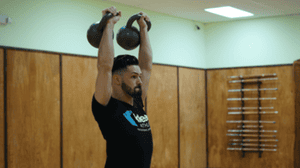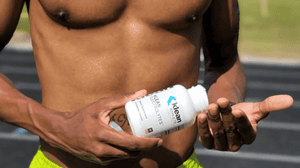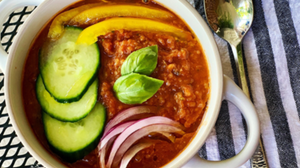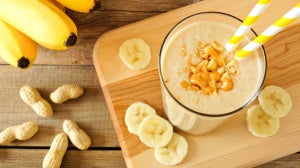
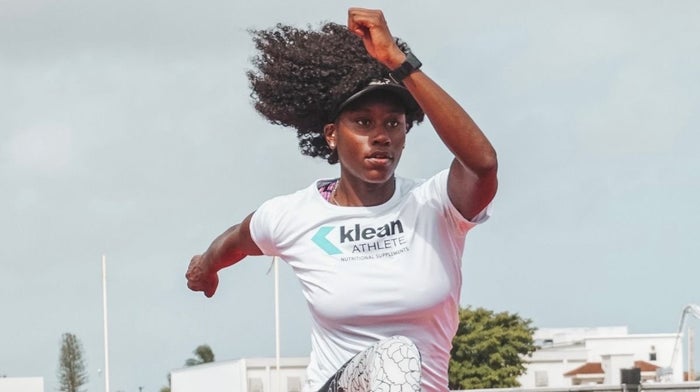
Did you know there are approximately 100 trillion microbes living in your intestine right now? These bacteria make up your gut microbiome and account for ten times more than the total number of cells in the rest of your body - that's around 14,000 times more than the entire population of the world.
That’s a lot of bacteria - and a lot of potential impact. So, how can you tell the effect your unique gut microbiome is having on your health? Let’s take a look.
The Role of the Gut Microbiome
Feeding our gut microbiome through our diet can help with the following:
- Absorbing minerals and other nutrients more efficiently
- Balancing out ‘bad’ bacteria
- Creating lactase enzymes to help us to break down milk sugar
- Supporting your wider immune system - it's believed that around 70% of our immune systems reside in our gut
Good Bacteria vs Bad Bacteria
For our gut microbiome to truly flourish and deliver the greatest benefits, we need to make sure our guts are dominated by good bacteria. Achieving this state requires balance; some bad bacteria are necessary, but when we are under physical, mental or emotional stress, or taking antibiotics, the bad bacteria in our guts can thrive, with the effects being felt in our wider immune systems and the nutritional foundation we work so hard to cultivate.
So, how can you improve your gut microbiome to support your nutritional status and your fitness performance? It’s time to meet Klean Probiotic.‡
Klean Probiotic: The Lowdown
Taking just one capsule of Klean Probiotic will provide your gut with 15 billion colony-forming units (CFU) of live bacteria from eight different strains to help support your gut microbiome.‡
Klean Probiotic also provides your gut with a dose of prebiotics (fructooligosaccharides), which can be used as fuel by healthy gut bacteria.‡
Here’s a little bit more about each of the strains of live bacteria in our NSF Certified for Sport® formula:
Lactobacillus acidophilus (DDS-1) and Lactobacillus lactis
Probiotic Lactobacillus acidophilus La-14 produces compounds that compete with other bacteria in the gastrointestinal tract.
This strain can withstand the pH range in the gut, which may enhance probiotic colonisation and contribute to a healthy gut microbiota.
Since bacterial balance may be affected by physical stress, many athletes choose to supplement their fitness plan with a product like Klean Probiotic.‡
Lactobacillus rhamnosus and Bifidobacterium lactis
As strenuous exercise can impact the immune system, Klean Probiotic also contains L. rhamnosus and B. lactis to help support the body’s immune response. B. lactis is also known for its ability to support gastrointestinal function.
In a clinical trial, supplementation with at least 1 billion CFU of Bifidobacterium lactis HN019 was shown to support digestive health.‡
Bifidobacterium longum and Bifidobacterium bifidus
Both B. longum and B. bifidus provide immune system support via the gut - something that’s important to focus on when you’re pushing your body to its physical limits.‡
Streptococcus thermophilus
S. thermophilus plays a key role in keeping the intestinal tract in working order. An in vitro study comparing nine probiotic strains reported that Streptococcus thermophilus was most effective in supporting healthy microbial balance.‡
What to Eat to Support Your Gut Microbiome
Klean Probiotic should be taken alongside a diet that’s nutritionally balanced in both probiotics and prebiotics. Foods to focus on include:
- Yogurt, coconut milk, soy milk and kefir: look for cultured and non-cultured dairy products that state they contain live and active cultures - aim for 100 million live cultures per gram. Be aware of added sugars in these products, as these can cause the bad bacteria in your gut to thrive
- Fruit: bananas, berries and cherries are among the best fruits to focus on for a diverse gut microbiome
- Vegetables: specifically asparagus, artichokes, garlic, leeks, kale, chard, onions, pickles, soybeans, miso, kimchi, tempeh and natural sauerkraut
- Whole grain foods: make sure your diet includes 100% whole grain foods, such as barley, oatmeal and wheat to help with diversifying your gut
- Fibre: Women should aim to consume 25g of fibre per day, with this increasing to 38g for men. Bear in mind that fibre intake should be limited in the 12 to 24-hour period before a competition or high-intensity training session. Good sources of fibre include whole grains, colourful berries, and legumes, such as lentils, chickpeas, split peas and black beans
- Limited processed foods: try to limit your intake of processed foods, particularly those that are high in saturated and trans fats and refined sugars; these can impede the growth of good gut bacteria
- Fluids: drinking plenty of fluids can help to promote healthy bacterial growth in the gut. Clear or light-yellow urine and daily bowel movements are signs that you’re properly hydrated
Go with Your Gut
Keep your gut in the best possible health with Klean Probiotic. These supplements should be stored in a cool, dry place to ensure they’re in the best possible condition to benefit your gut.‡
It may take two to four weeks before you notice the effects of Klean Probiotic - take them daily, with food, for maximum results. Keep this up, as you’ll notice a drop off in benefits as soon as you stop.‡
For more supplements to help you build a strong nutritional foundation for peak performance, explore the full Klean Athlete collection.‡
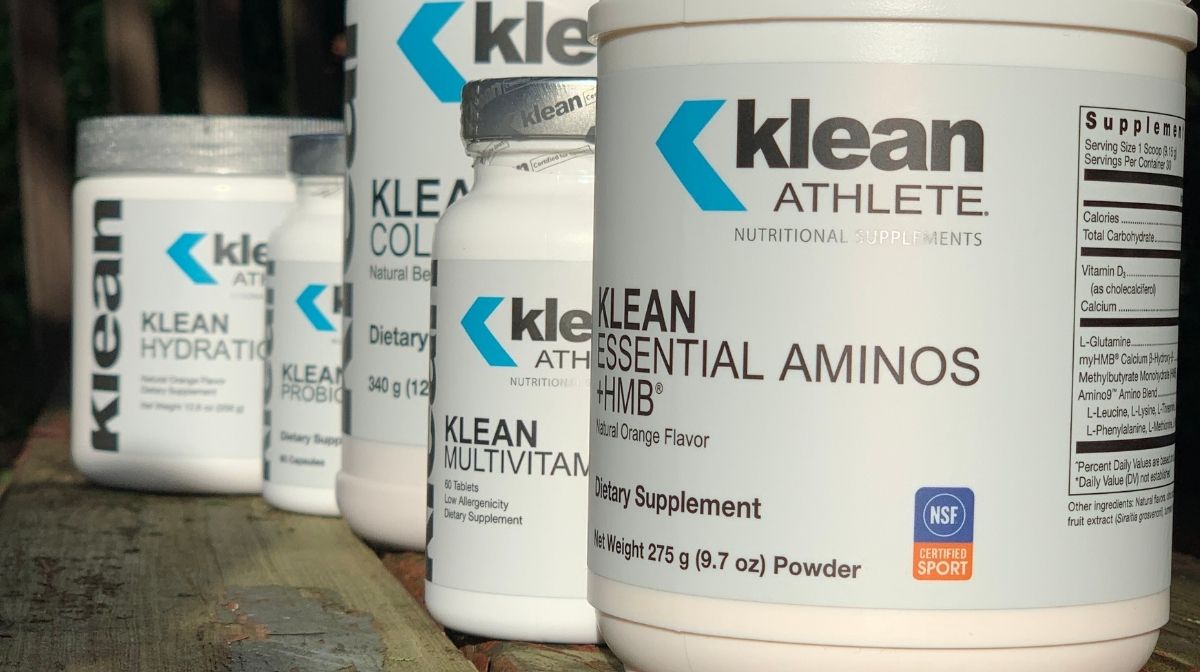
Klean Athlete®: The Clean Choice for Complete Nutrition
Discover our range of clean, NSF Certified for Sport® nutritional supplements.

